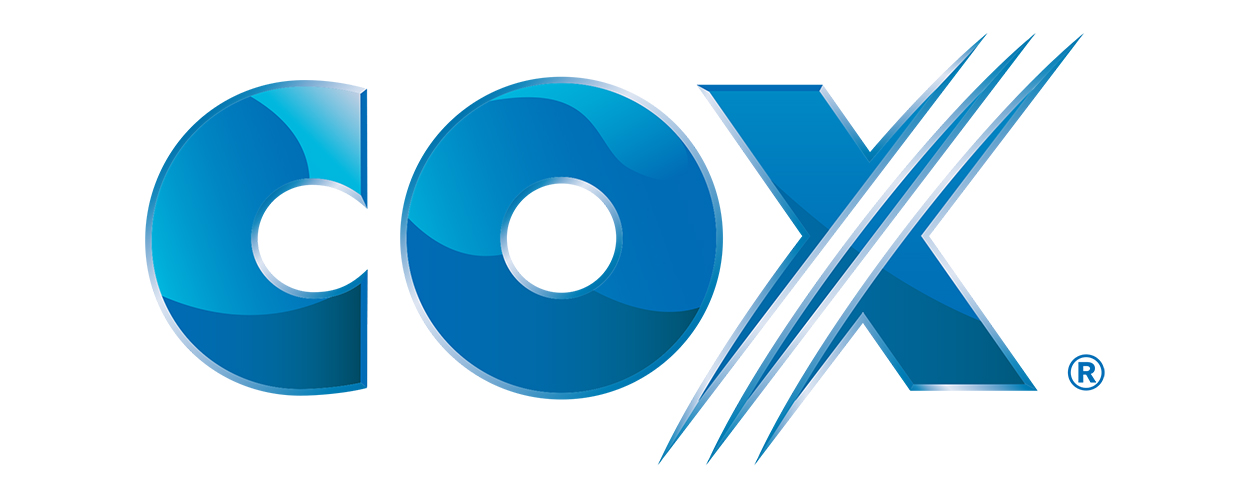This website uses cookies so that we can provide you with the best user experience possible. Cookie information is stored in your browser and performs functions such as recognising you when you return to our website and helping our team to understand which sections of the website you find most interesting and useful.
Business News Digital Labels & Publishers Legal
Tech groups submit filings in support of Cox as it appeals BMG ruling
By Chris Cooke | Published on Wednesday 16 November 2016

Talking of big tech stamping its collective feet over safe harbour reform, various organisations representing internet firms have submitted so called amicus briefs to the court considering the BMG v Cox Communications appeal, a case which potentially sets a legal precedent limiting the safe harbour protections web firms enjoy.
BMG successfully sued Cox arguing that the internet service provider did not do enough to tackle alleged repeat infringers among its userbase after being made aware of them by the music firm. BMG’s lawsuit basically argued that Cox operated a deliberately shoddy system for dealing with repeat infringers because it didn’t want to lose the business of its copyright infringing customers.
The net firm filed its appeal in the case last week. Amongst various arguments, it questioned its obligations to act against alleged repeat infringers based on merely the say so of a rights owner or its agent (rather than a court of law), while insisting that the ruling in the case sets a dangerous precedent for both American ISPs and their customers.
A plethora of organisations representing internet companies – and also libraries and universities – have now piled in, backing up Cox in its claims, and arguing the court interpreted the law wrong in this case and as a result set a dangerous precedent.
The Computer & Communications Industry Association, which submitted a joint brief with the Consumer Technology Association, said in a statement that “Cox was wrongly held liable for not policing internet content” and that “the lower court also erred in not giving Cox immunity under existing law”.
Meanwhile the CEO of the CCIA, Ed Black, added: “It is critical in a democracy that juries and our legal system correctly follow existing copyright law on secondary liability. US copyright law is balanced with liability protections for companies to respond quickly to infringement without resorting to policing all online sharing and commentary for copyright infringement. We value free speech and what it represents and it would be unwise to abandon that principle and balance for extremist copyright enforcement measures”.
It remains to be seen if representatives of the music and copyright industries now follow suit and submit a flurry of papers to the court supporting the Cox ruling, and the lower court’s interpretation of the obligations and liabilities of safe harbour dwelling internet companies.





